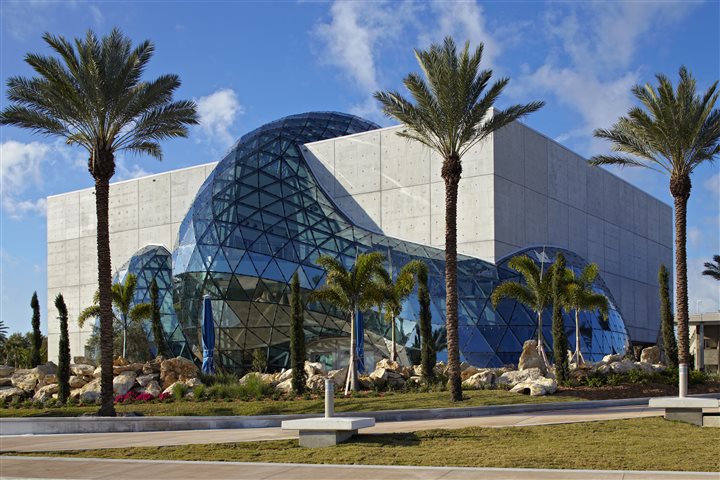(BPT) – The Wright Brothers knew they were going to crash, yet tried to fly anyway. Unlike their competitors, the former bicycle mechanics brought extra parts to the sand dunes to make onsite repairs and reduce cycle time. Their creative courage resulted in not just a new product (the aircraft), but also a process for failing quickly, learning fast and outpacing their competition.
There are myriad inspiring tales of similar legendary so-called fails.
The multibillion-dollar success of Post-it(R) Notes is directly attributed to two employees at 3M, Spencer Silver and Art Fry, who mistakenly formulated an adhesive that didn’t stick well, but which just happened to unstick as needed. The duo persisted, despite management recommendations to abandon the project, and because of their resilience, their failed glue formula was transformed into the ubiquitous office product we can’t live without.
Einstein advocated for this type of combinatorial creativity and Steve Jobs famously quipped that creativity is just “connecting things.”
In fact, it’s creativity that most often drives success. Virtually all companies — from startups to Fortune 500s — need it. Corporate stagnation is real. Innovation is happening at breakneck speed, and even historically successful corporate stalwarts are finding themselves staring in the face of irrelevance. No matter how knowledgeable a team may be of their market, product portfolio and competitive landscape, they face a perilous proposition: grow or fold.
And nothing prompts growth more than creativity and innovation.
To boost your own creative thinking powers — whether at work or for your own personal needs — try these tips from Dalí Museum Innovation Labs’ executive facilitator, Nathan Schwagler:
High-performing creative people learn to bend the status quo and they do it by optimizing their conversations. These successful creative thinkers temporarily suspend judgment during idea generation. In the context of innovation, one of the most prohibitive things to do is to attempt to both generate and evaluate new ideas at the same time. Instead, try splitting a brainstorming session into a few parts:
- First, immerse yourself in the data and information surrounding the challenge
- Then, generate a clear statement that summarizes the opportunity or problem
- Try a divergent exercise — something to clear your mind
- Now you’re ready to focus your energy on developing solutions.
Once you have a solid list of solutions to consider, force yourself to stretch further. Feel tapped out? Go even further! A good goal is to get to that challenging third round of ideas, which research suggests will be the most innovative. When you’ve truly exhausted your ideation, take a break and come back to the challenge with evaluation criteria in hand — define what success looks like and then deliberately apply that criteria against your list of ideas.
Salvador Dalí famously quipped, “Have no fear of perfection, you’ll never reach it.” The Museum has adopted the artist’s approach in its Innovation Labs program. “When it comes to solving the complex problems of our inter-connected global economy, Dalí’s fear-free, trial-and-learn approach is the type of creative thinking that we optimize for at The Dalí Museum Innovation Labs,” said Schwagler.
From Dalí’s fearless artistic prowess to the creative and courageous examples set forth by the Wright Brothers and the Post-It Notes inventors, there are numerous shining examples of great things that can emerge from creative thinking and a never-say-never spirit. Even the most impactful products and solutions can be sparked by an open mind and fresh perspective.
The Dalí Museum, in St. Petersburg, Florida, is a world-renowned Museum featuring an unparalleled collection of art works from celebrated artist Salvador Dalí. The Museum’s Innovation Labs offers one-of-a-kind programs that carefully combine more than 60 years of psychology and management research on creativity, creative problem solving, and innovation, infused with Dalí’s philosophy and methods to unlock a team’s true untapped creative potential.


